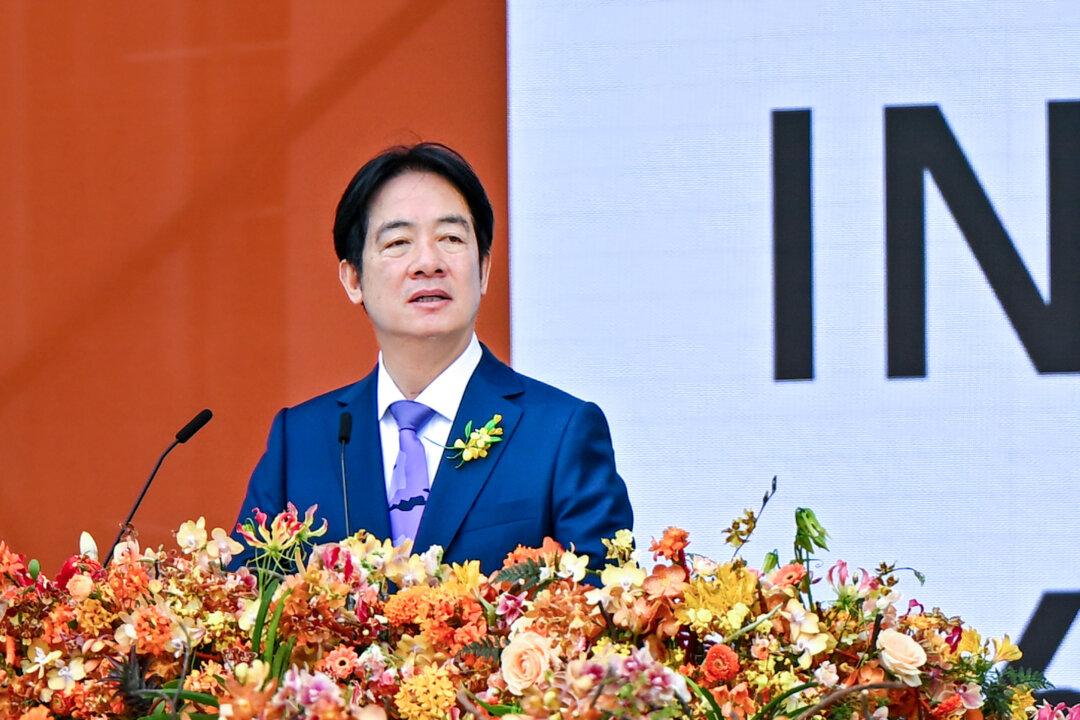TAIPEI, Taiwan—Democratic Taiwan is older than Communist China and thus it is wrong for Beijing to call itself the motherland, according to the island’s President Lai Ching-te.
Lai made the comments during a speech at a gala at the Taipei Dome on Oct. 5, ahead of Taiwan’s National Day on Oct. 10. Taiwan, officially called the Republic of China (ROC), celebrates its 113th birthday on this year’s National Day. The People’s Republic of China (PRC), the official name of mainland China under the rule of the Chinese Communist Party (CCP), turned 75 on Oct. 1.





